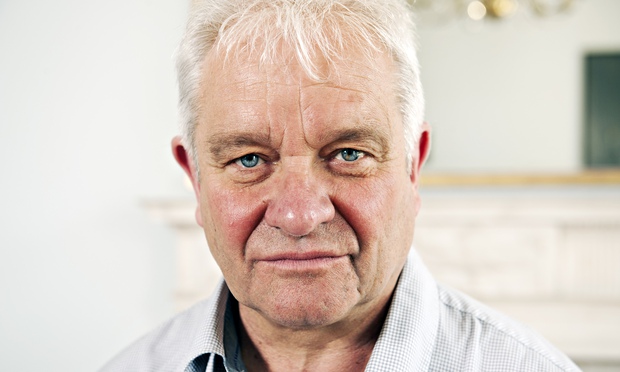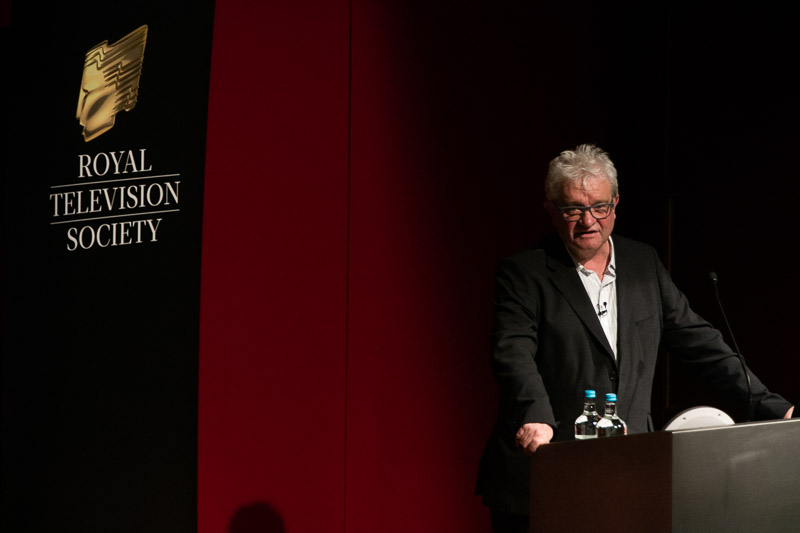

The book begins with the Cell Theory talking about how scientists discovered the cell as the basic unit of life. The book explores the answer to the “life” question through so-called five great ideas in Biology. Why can’t we have life without evolution? The author considers evolution a necessary property of life. Even the very description of life is not ideology-free. On the other, it injects readers with a carefully embedded ideology of materialism and naturalism. On the one hand, it provides an excellent narration of scientific discoveries about life. The book is a perfect example of pure science mixed with a perplexing ideology. Does he have a definite answer? I’m not sure- even after reading his book. However, he is perhaps one of the most qualified given the fact that he has studied nothing but living cells in his lifetime. Of course, he was neither the first nor the last person who attempted to define life. Paul Nurse, who was awarded the Nobel Prize for his work on the Cell Cycle, decided to write a book to address this age-old question. Even scientists- who have dedicated their whole lives to this question- do not know either. However, we still do not know what life is. In fact, we are made of trillions of tiny living beings called cells. We, as living beings, are fully immersed in life. Since 2011, he has been the Director and Chief Executive of the Francis Crick Institute, a London-based biomedical research institute due to open in 2015.What is life? It seems like a very simple question. In 2010, he was elected as President of the Royal Society for a five-year term. Over the last thirty years, Paul has held many senior research leadership roles. In addition, Paul’s endeavours relating to the discovery of cell cycle regulatory molecules saw him jointly awarded the Nobel Prize for Physiology or Medicine in 2001. Paul’s contributions to cell biology and cancer research were recognised with a knighthood in 1999.

Paul’s findings have broader significance since errors in cell growth and division may lead to cancer and other serious diseases. Working in fission yeast, he showed that the cdc2 gene encodes a protein kinase, which ensures the cell is ready to copy its DNA and divide. Paul Nurse is a geneticist and cell biologist whose discoveries have helped to explain how the cell controls its cycle of growth and division.


 0 kommentar(er)
0 kommentar(er)
